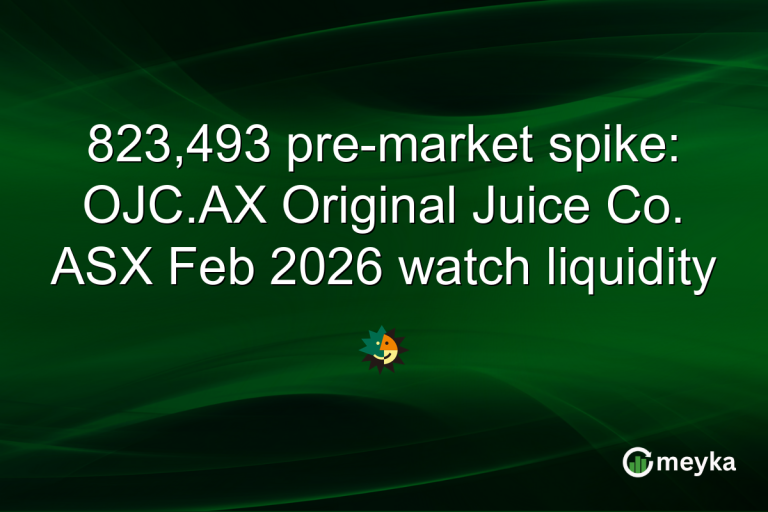Nvidia Earnings Report Spurs Stock Market Volatility
Nvidia’s latest earnings report, as of November 21, 2025, has sparked significant movements in global markets. Despite delivering strong revenue figures, the semiconductor giant’s impact on investor sentiment resulted in a roller-coaster session for tech stocks. Both the S&P 500 and Nasdaq Composite faced declines as investors grappled with broader market uncertainties. The key takeaway from this event highlights the intricate balance between company performance and market sentiment.
Continue Reading on Meyka
This article is available in full on our main platform. Get access to complete analysis, stock insights, and more.
Read Full Article →





